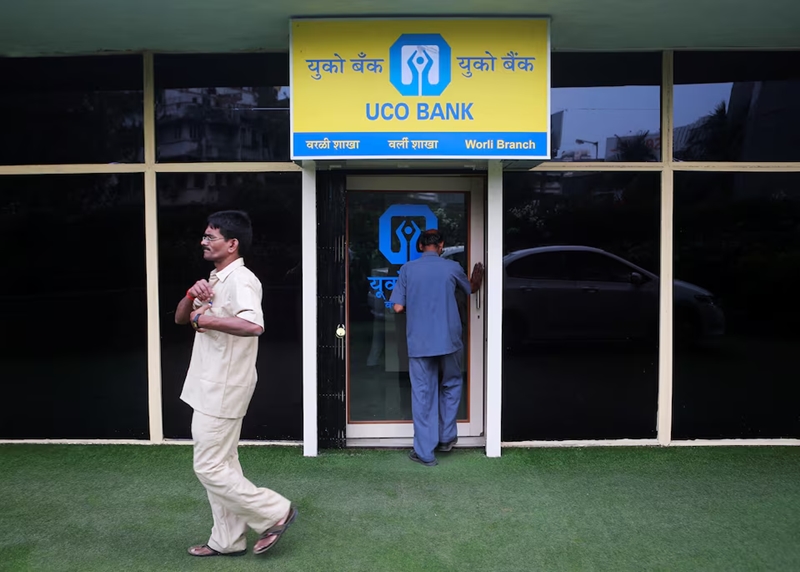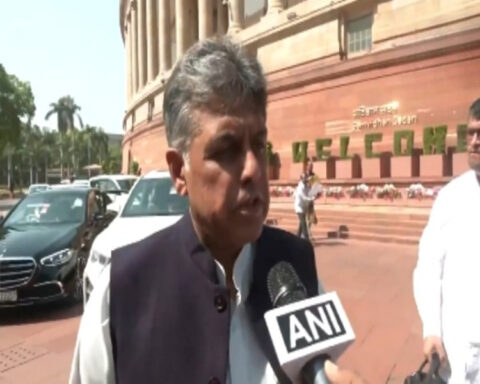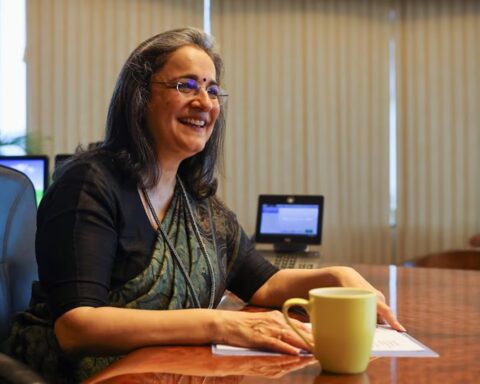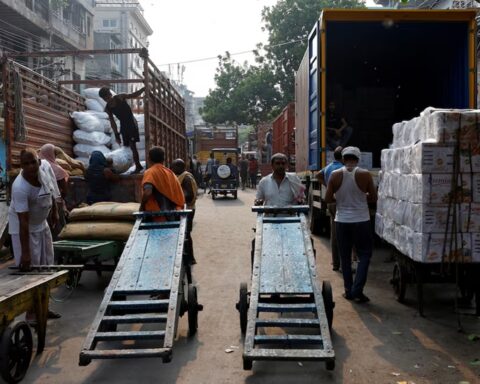NEW DELHI, Nov 19 (Reuters) – The Indian government is considering selling minority stakes in four state-run banks to comply with public shareholding norms mandated by the country’s markets regulator, a government source told Reuters.
The finance ministry is likely to seek approval of the federal cabinet in the coming months to dilute the stake in Central Bank of India, Indian Overseas Bank, UCO Bank and Punjab and Sind Bank, the source said.
The Indian government owns more than 93% in Central Bank of India, 96.4% in Indian Overseas Bank, 95.4% in UCO Bank and 98.3% in Punjab and Sind Bank as of end-September, according to data on the BSE’s website.
The plan under consideration is to sell the stake through an offer for sale in the open market, the source said.
Shares of the banks rose between 3% and 4% following the report.
The Securities and Exchange Board of India (SEBI) requires listed companies to maintain a 25% public shareholding, but has exempted government-owned firms from meeting these norms till August 2026.
The source did not comment on whether the government will be able to meet the regulator’s deadline or whether it would seek a further extension.
The official said the timing and the quantum of the sale would be decided based on market conditions. The official did not want to be named as he is not authorised to speak to the media.
India’s finance ministry did not immediately respond to a request for comment.
In the past, public sector banks have launched qualified institutional placements (QIP) to raise capital which has in turn lowered the government’s stake in state-run banks.
Punjab National Bank raised 50 billion rupees through a QIP in September, while Bank of Maharashtra raised 35 billion rupees in October.
(Only the headline of this report may have been reworked by The Sen Times; the rest of the content is auto-generated from a syndicated feed.)




